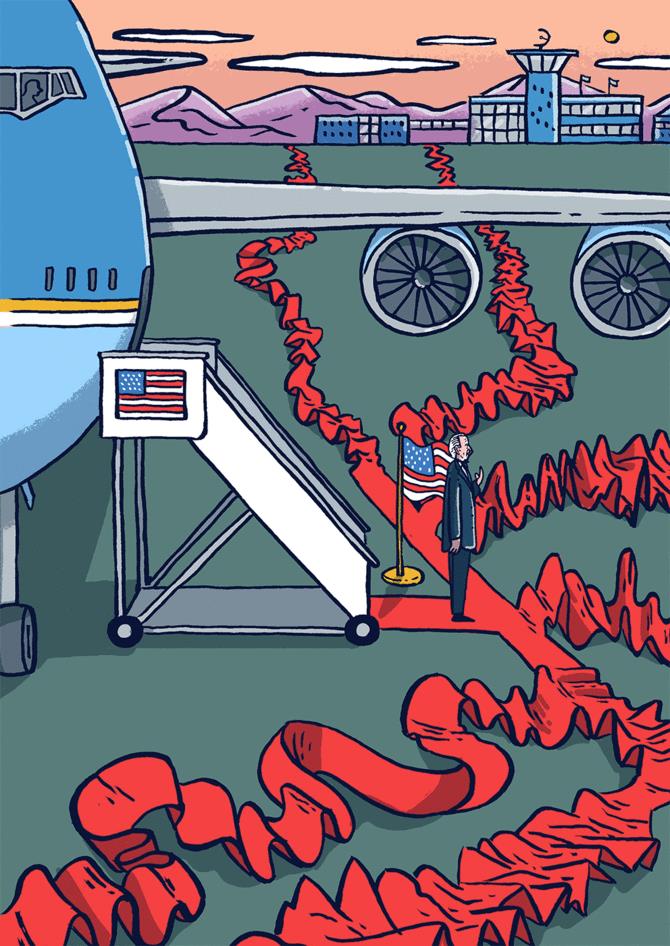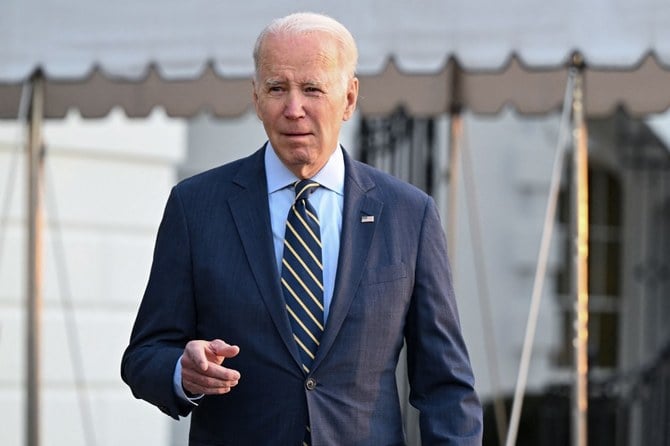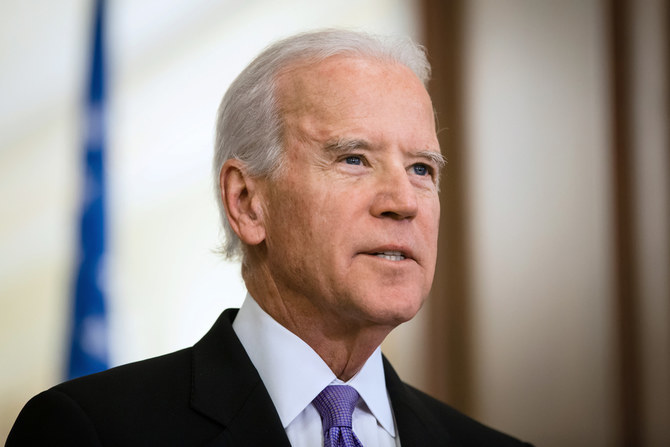
As US President Joe Biden approaches the end of his first year in the White House, foreign policy challenges are mounting up. How will he act regarding the situation in Ukraine? Then there is the debate over the possible signing of a new nuclear deal with Iran. These foreign policy stakes should not hide the fact that, despite Biden’s focus on China and Russia, his track record still sticks to US norms. He is very cautious when dealing with old and new foes alike. He is trying to restore the world’s confidence in America. He is not yet relying on military force to achieve his foreign policy goals. He is still adopting a wait-and-see approach to assess how other nations will shape their foreign policies in a post-COVID-19 world.
On the Middle East, it is obvious that Biden has given a big role to National Security Adviser Jake Sullivan. Sullivan is seen as the point man for the administration in reference to Iran. He provides the institutional memory for the ongoing negotiations in Vienna. This suggests that any possible new nuclear deal between the US and Iran will be in the mold of the 2015 agreement, but with more stringent conditions on Tehran’s ability to enrich uranium. It is arguable that Biden has so far refused to accept Iran’s demands to remove all the US sanctions on Tehran. This will likely continue under the mandate of a new nuclear agreement.
Meanwhile, the United States Institute of Peace last year published a study on the relations between the Biden administration and both the Israelis and the Palestinians. It said: “The Biden administration has not prioritized the Israeli-Palestinian conflict on its foreign policy agenda.” However, there is no doubt that the conflict in Gaza in May 2021 changed that attitude. Right after a ceasefire was declared, there was talk of plans for the reconstruction of Gaza. And, while Biden is a supporter of the Abraham Accords, he has killed off the so-called deal of the century. Biden has also taken a different approach toward Jerusalem and the US now intends to reopen its consulate in East Jerusalem. This could be an important friendly gesture to the Palestinians. It would be a recognition of the rights of Muslims and Christians in the Holy City.
Further, it seems that the Biden administration was the catalyst for the delay in the convening of the Libyan elections. Its rationale rested on the need to avoid a stalemate following the results, which could have preempted a political deadlock.
Improving relations with the Palestinians would also reflect positively in the attitudes of the Arabs and Muslims inside America
Maria Maalouf
All these foreign policy gambits will lead to important questions. First, what kind of pressure will the Biden administration exert on Israel in case it opposes any political deal over Iran’s nuclear program? Second, what tools will it use to stop a future war in Gaza between Israel and Hamas?
On Egypt, the Biden administration seems to be almost silent. It has to endorse Cairo’s mediation between the Israelis and the Palestinians. It has to engage more with the Egyptian leadership and must be more encouraging regarding a settlement of the dispute involving Egypt, Ethiopia and Sudan over the construction of the Grand Ethiopian Renaissance Dam. The longer it waits on this issue, the more unresolvable the conflict will be.
Quoting the Institute of Peace again, it said that the Biden administration finds that both the Israelis and the Palestinians are deserving of “equal measures of security, freedom, opportunity and dignity.” In terms of US domestic politics, this means that improving relations with the Palestinians would also reflect positively in the attitudes of the Arabs and Muslims inside America, a majority of whom voted for Biden in the 2020 election. He has to invest in this political stock. Otherwise, he will lose a crucial support base not only for himself, but for the Democratic Party generally.
This also means it is critical for Biden to explain to the American public why he wants to renew the US’ rivalry with Russia. Moscow has, over the last two decades, enjoyed much success in the Middle East. If Biden is more hostile, Russia could be more of a handicap to a positive American role in Syria. It is time for Biden to consult more with the Kremlin over Syria. This can be done professionally and without any personal closeness with President Vladimir Putin.
My crystal ball sees that the Biden administration will encourage more summits similar to the one between Israeli Defense Minister Benny Gantz and Palestinian Authority President Mahmoud Abbas that took place last week. It has to back up such diplomatic steps with a greater effort to collaborate with Russia and end the region’s conflicts.
Maria Maalouf is a Lebanese journalist, broadcaster, publisher, and writer. Twitter: @bilarakib
Disclaimer: Views expressed by writers in this section are their own and do not necessarily reflect Arab News" point-of-view












